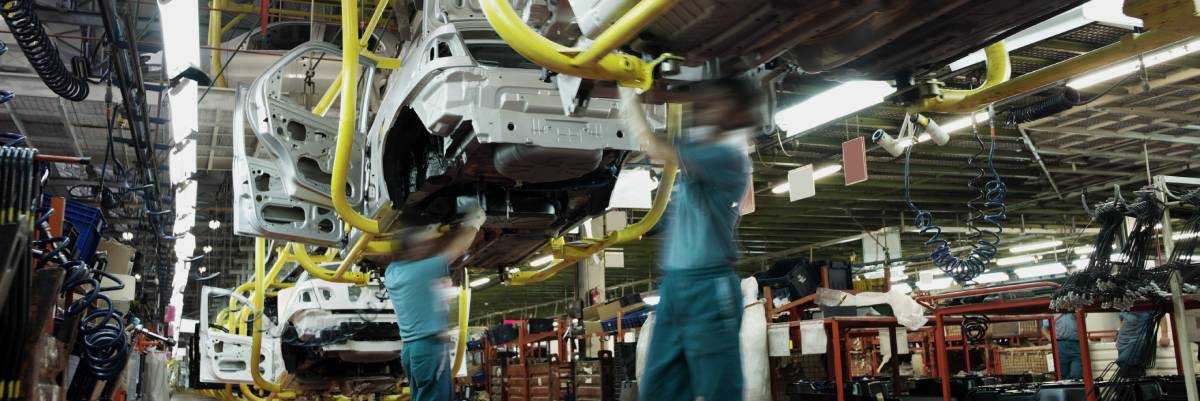In the new, digital manufacturing environment, who are the frontline workers that remain and what do they need to know? The investment in digitization is progressing hand-in-hand with an investment in the capabilities on the frontline. To optimize the value of existing experience and knowledge with the opportunities offered by new technology, organizations are building new skills on the shop floor. The frontline team needs to maintain production, make the digital transition and use the stream of new data. This means advanced problem solving skills and the ability to mitigate risk.
As IoT builds new levels of manufacturing stability and output, the responsibilities on the shop floor for operators, maintenance workers and other frontline workers are changing, and some jobs have disappeared. The need to run machines, make adjustments and resolve small issues is declining. But for the frontline workers who remain, there are advantages, including a safer environment with fewer repetitive, manual tasks. However, when problems do occur in this new digital environment, the frontline faces complex issues that may never have been experienced before. Added to this new frontier is the uncertainty of a global supply chain that is difficult to control and increasingly demanding customers.
Fortunately disruptive, new technology is not only changing manufacturing, it is also changing training. Simulation training that has been building and maintaining key skills for jet pilots, astronauts and the military is now widely available for building myriad capabilities including soft skills like solving problems and managing risk. Ideal for the shop floor, technology-enabled active learning can be done in manageable bites that don’t require a lot of classroom time. Additionally the simulation approach of learning-by-doing has a focus on application rather than theory, immediately capturing the interest of trainees by providing hands-on, interactive challenges. Simulations provide a training method that works across cultures and learning styles to quickly build confidence in eventually applying the new skills back on the job.
The value of enhancing frontline skills is not a new concept: Lean initiatives focus on empowering operators on a shop floor to “stop the line” when alarms light to ensure that issues are addressed immediately. In the modern digital operation, automated control of variables may take away this front-line control. To get operators back and engaged is to position them as problem solvers and involving them in troubleshooting root cause and investigating issues. Operators can often become overwhelmed by the machine-generated alarms they now must monitor. By directly involving them in using the data generated by this automation by teaching them how to troubleshoot and improve an issue, operators will gain greater confidence in how to interpret and respond to automatically generated prompts and data.
The complexity of modern manufacturing operations involves a lot of pieces interacting – a change in one place could impact the system as a whole. Understanding root cause analysis means thinking through where changes can be applied to achieve the desired results as well as their potential impacts. Working through to root cause may require untangling complex systems and their dependencies – often demanding the participation of parties in various parts of the organization. The impacts of both the original issue and any corrective activities can be widespread. A precise and collaborative approach to addressing problems that involves people across operations—including and especially the frontline—helps operations to take full advantage of the opportunities available in the new digital workplace.
Today’s digital advances are matched by a growing need for frontline workers with critical thinking skills. The value of advanced capabilities in solving problems and using logic and data is a constant in manufacturing that is increasingly apparent within the rapidly approaching, data-driven landscape of Industry 4.0.
Learn about the Kepner-Tregoe approach to frontline training
Christian Green is Global Leader for Operational Excellence at Kepner-Tregoe. He leads a global consulting team that supports manufacturing clients’ pursuit of Operational Excellence with a practical focus on driving results by improving key performance indicators.
For over 60 years, Kepner-Tregoe has empowered thousands of companies to solve millions of problems. Kepner-Tregoe services are designed to permanently address organizational challenges with measurable results that improve quality and performance while reducing overall costs.








